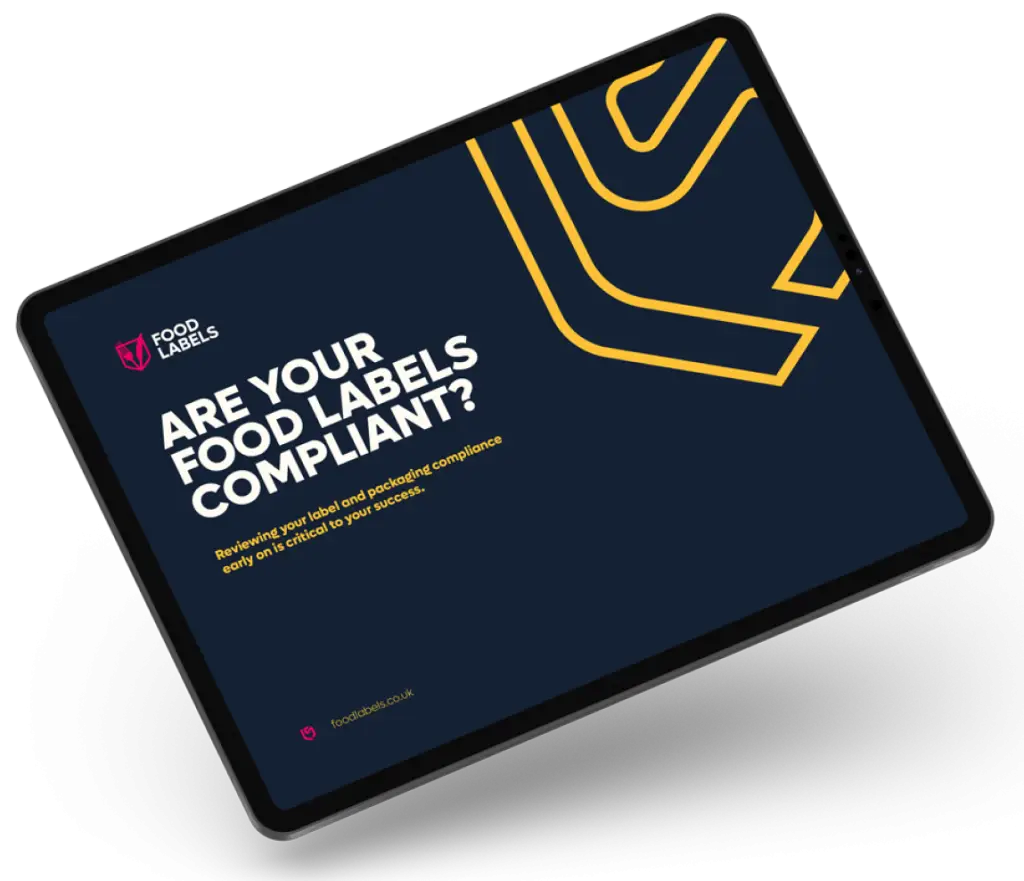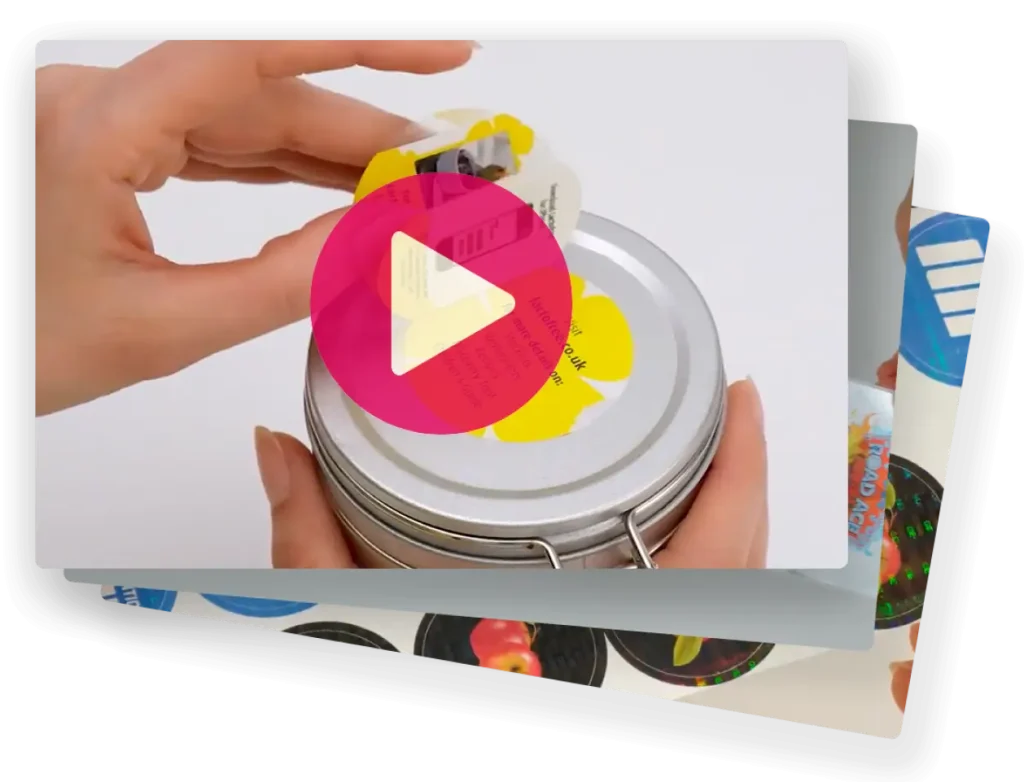The plant-based packaging market is forecasted to expand from USD 152.87 billion in 2025 to USD 410.48 billion by 2034, growing at a CAGR of 11.6% from 2025 to 2034. Plant-based packaging is produced from natural, renewable plant materials. Unlike many forms of standard packaging, such as plastics, it is fully organic and can take numerous forms.
Plant-based packaging employs materials derived from sustainably cultivated plants rather than non-renewable hydrocarbon sources. When food manufacturers or contract packagers mention “plant-based packaging,” they usually mean bioplastics, the most popular plant-derived polymers. Currently, two common forms of bioplastics are in use: biodegradable PLA and bio-PET. While both come from plants, they are manufactured in distinct ways.
Biodegradable PLA, or polylactic acid, is created by bacterial fermentation of dextrose into lactic acid. Many food businesses have already switched to plant-based packaging, while others are in the process. The benefits of plant-based packaging are numerous, particularly given the significant reduction in manufacturing costs since its introduction. Depending on the plant-based bioplastic used, it offers comparable or higher protection to petroleum-based alternatives.
The need for environmentally friendly products—such as plant-based packaging—is only going to increase as consumers place a higher priority on sustainability. The need of sustainable practices in a variety of industries, including food packaging, is highlighted by this change, which is indicative of a larger movement towards greener lives.
In September 2023, Xampla, a Cambridge-based materials science startup, introduced Morro, its first consumer brand, as part of its effort to promote sustainable packaging solutions. With growing concerns about plastic waste and environmental degradation, the demand for eco-friendly packaging alternatives has been on the rise. Manufacturers have responded by expanding their product offerings, introducing a wider range of plant-based packaging options tailored to various industries. Consumer education and awareness initiatives have also played a crucial role in shaping purchasing decisions, as more people recognise the environmental impact of packaging materials. In response to this shifting market landscape, companies are diversifying their portfolios to cater to the unique needs and preferences of different industries and consumer segments.
The global recycling rate for plastic trash needs to improve, with only 9% recycled and the other 22% needing to be managed responsibly. In response, the United States has seen a spike in legislative action, with 370 measures proposed in 42 states to ban petroleum-based plastics and single-use items. This proactive approach indicates a rising awareness of the critical need to eliminate plastic pollution and adopt more sustainable alternatives.
In June 2023, In Canada, Boardio® introduced a line of sustainable products packed full of delicious coffee. It’s high time coffee lovers in North America took a closer look at our visually striking, paper-based coffee packaging.
Europe’s Commitment to Plant-Based Packaging Solutions
Europe emerges as the second-leading region in the plant-based packaging market, wielding significant influence in the sector. With a solid market share of 32.0% in 2022, Europe’s impact is palpable. The EU Circular Economy Action Plan stands as a flagship initiative driving the region towards greater sustainability and circularity, with a notable focus on promoting plantable packaging options.
Various European nations have enacted legislation and initiatives aimed at curbing plastic waste and encouraging the adoption of sustainable packaging alternatives. France, for instance, has implemented bans on single-use plastic bags and is aiming to phase out additional single-use plastics by 2040. Similarly, Italy has prohibited single-use plastics such as plates, cutlery, and straws. Moreover, Europe boasts a thriving ecosystem of companies specialising in plantable packaging solutions, showcasing innovation and sustainability at the forefront. Notably, UK-based startup GreenBottle has developed an innovative plantable packaging solution for milk and other liquid products, setting a benchmark for eco-friendly packaging practices in the region.
The demand for plant-based packaging is being driven by increasingly stringent regulations and policies aimed at reducing plastic waste and encouraging sustainable alternatives. Governments and environmental organiSations worldwide are pushing for the adoption of eco-friendly packaging solutions, prompting businesses to shift toward plant-based materials. As consumers become more environmentally conscious, companies are under growing pressure to align their packaging strategies with sustainability goals. This shift is further reinforced by bans on single-use plastics, extended producer responsibility (EPR) regulations, and incentives for adopting biodegradable and compostable materials. The result is a rapidly expanding market for plant-based packaging that meets both regulatory requirements and consumer expectations.
Despite this positive momentum, certain restraints challenge the widespread adoption of plant-based packaging. One of the main hurdles is the higher cost of production compared to conventional plastic materials. The raw materials required for plant-based packaging, such as cornstarch, seaweed, and other biodegradable polymers, often come at a premium. Additionally, the processing and manufacturing technologies involved in producing plant-based alternatives can be more expensive, leading to higher costs for businesses. This financial burden may discourage some companies, particularly smaller manufacturers, from making the transition. Furthermore, plant-based packaging must compete with well-established plastic supply chains that benefit from economies of scale, making it difficult for sustainable alternatives to achieve cost parity in the short term.
However, continuous advancements in material science and manufacturing techniques are creating new opportunities within the plant-based packaging market. Innovations in biopolymer development, 3D printing, and sustainable sourcing are enabling the production of plant-based packaging that is not only more cost-effective but also more durable and functional. Companies are investing in research to improve the barrier properties, flexibility, and strength of plant-based materials, making them suitable for a broader range of applications, including food labels and packaging, cosmetics, and industrial uses. Additionally, the rise of circular economy models, where packaging can be composted or recycled more efficiently, is providing further momentum to the market. As technological breakthroughs continue to drive efficiency and scalability, the plant-based packaging industry is poised for significant growth, offering a viable solution to the global plastic pollution crisis.
Global plastic production is expected to see a resurgence in 2023, fueled by increasing demand across various industries and the development of new, innovative applications for plastics. This rebound is particularly notable in the bioplastics sector, where production capacity is forecasted to expand significantly. In 2023, global bioplastics manufacturing capacity stood at approximately 2.18 million tonnes, but this figure is projected to surge to an estimated 7.43 million tonnes by 2028. This rapid growth reflects the rising awareness of bioplastics as a viable and more sustainable alternative to conventional plastics, which have long been associated with severe environmental challenges such as pollution, resource depletion, and waste accumulation.
Expansion of Bioplastics Industry
The expansion of the bioplastics industry is being driven by several key factors. Governments worldwide are introducing policies and regulations to curb plastic pollution, including bans on single-use plastics and incentives for the adoption of biodegradable and compostable materials. Consumer preferences are also shifting toward sustainable products, with more people seeking eco-friendly packaging, utensils, and consumer goods. Companies across sectors such as food and beverage, healthcare, agriculture, and retail are responding to this demand by integrating bioplastics into their product lines and packaging solutions. As businesses strive to meet sustainability targets and reduce their carbon footprint, the appeal of bioplastics continues to grow.
Advancements in bioplastic technology are further accelerating market growth. Innovations in material science have led to the development of bioplastics with enhanced durability, flexibility, and functionality, making them suitable for a wide range of applications. Researchers are also working on improving the biodegradability and compostability of bioplastics, ensuring they break down efficiently without leaving harmful residues. Additionally, new production techniques are reducing costs and making bioplastics more competitive with traditional petroleum-based plastics.
Despite these positive trends, challenges remain in scaling up bioplastics production. The cost of raw materials and processing can be higher than conventional plastics, which may limit adoption in price-sensitive markets. There is also a need for improved recycling and composting infrastructure to ensure that bioplastics are disposed of properly and do not contribute to environmental waste. However, with ongoing research, policy support, and growing consumer demand, the bioplastics industry is poised for significant expansion in the coming years, playing a crucial role in reducing plastic pollution and promoting a more sustainable future.
A comparison of production capacities with actual production in 2023 reveals that the bioplastics sector is operating at nearly total capacity. Although it varies substantially between polymers, ranging from 60% to 100%, the average utilisation rate in 2023 is 82%.
Eco-Conscious Choices Exploring Plant-Based Flexible Packaging
Flexible packaging plays a significant role in the plant-based packaging market, offering versatile and sustainable solutions for various products. This packaging format, characterised by materials like bioplastics and compostable films derived from plant-based sources, aligns with the growing demand for eco-friendly alternatives to traditional packaging.
Regarding material composition, plant-based flexible packaging encompasses a range of options, including bio-based plastics like polylactic acid (PLA), cellulose-based films, and compostable laminates. These materials offer comparable performance to conventional plastics while reducing reliance on fossil fuels and mitigating environmental impact.
Key drivers fuelling the growth of plant-based flexible packaging include increasing consumer awareness and demand for sustainable packaging solutions, regulatory initiatives promoting the use of renewable materials, and advancements in technology enabling the production of high-quality, cost-effective plant-based packaging materials.
Plant-Based Packaging Demand Surges in Food and Beverage Industry
The food and beverage sector plays a crucial role in the plant-based packaging market, representing a significant portion of the overall demand. Consumers increasingly seek eco-friendly packaging options, particularly in the food and beverage industry, where sustainability and health-consciousness intersect.
The global market for plant-based packaging in the food and beverage sector is projected to grow substantially in the coming years and driven by increasing consumer awareness about environmental issues, stringent regulations on single-use plastics, and the growing preference for sustainable packaging solutions.
In October 2021, Coca-Cola launched PlantBottle™, a plant-based beverage bottle for sustainable packaging. The container included 30% mono ethylene glycol (MEG) from sugarcane residue and 70% terephthalic acid (PTA) from oil-based sources.
Specific segments such as dairy products, beverages, and fresh produce are witnessing notable adoption of plant-based packaging within the food and beverage industry. For instance, plant-based alternatives to traditional plastic bottles are gaining traction in the beverage sector, driven by concerns over plastic pollution and the desire for biodegradable packaging options.
In January 2024, The “world’s first” recyclable and plastic-free containers for its plant-based spreads and butter were introduced by Upfield, a Dutch plant-based food firm.
The competitive landscape of the plant-based packaging market is dominated by established industry giants such as TIPA (U.S), Tetra Pak (Switzerland), Vegware (UK), Coca-Cola Company (U.S), Amcor Plc (Australia), Evergreen Packaging (U.S), Berry Global Inc (U.S), Emsur (U.S), Sealed Air (U.S), Heinz (U.S), SINTEF (UK) and BASF (UK). These giants compete with upstart direct-to-consumer firms that use digital platforms to gain market share. Key competitive characteristics include product innovation, sustainable practices, and the ability to respond to changing consumer tastes.
The lowest possible carbon footprint is the goal of Coco Cola’s years-long collaboration with technology partners to develop the appropriate technologies for a 100% plant-based bottle. It’s exciting that these technologies are now available and can be scaled by value chain participants.














